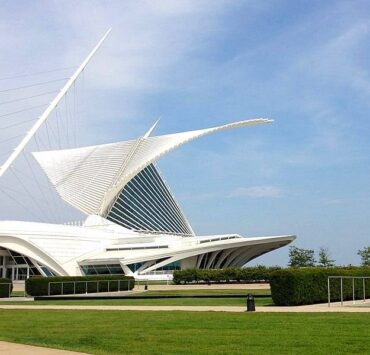From hardware to handicrafts: Design trends for 2025
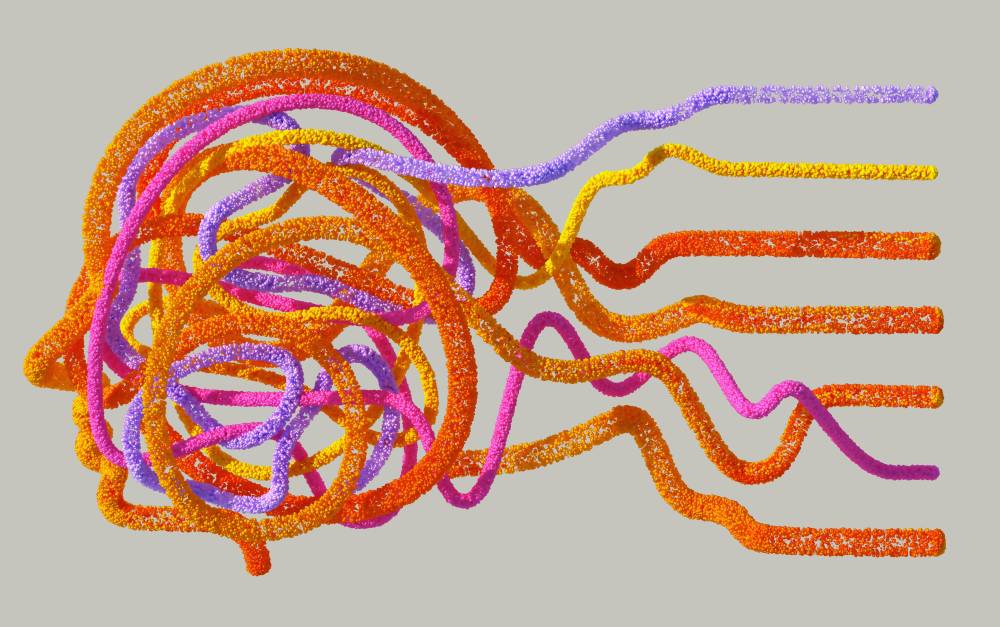
The year 2024 in design can probably be summed up in two letters: AI.
From graphic design to architecture, various fields saw a rise in the use of artificial intelligence (AI) this year. Whether or not you’re comfortable in the idea of generated art, chances are, you’ve at least tried out applications such as ChatGPT and Canva.
Well, 2025 is set to see the continued rise of such technology, but we might be in for a surprise: handmade craftwork is pushing back in absolute rebellion.
Today, let us explore the design trends that are predicted to dominate 2025.
AI-generation and parametric design
From rendered images to schematic floor plans, various aspects of the design process have seen some form of help from computers.
Last year was probably the “Golden Age” of AI, as many programs have been developed to expedite the process of design thinking and management. In a matter of seconds, we can produce exciting visions of future buildings, predict potential construction issues, and plan energy-efficient cities.
Parametric design, meanwhile, is quickly becoming popular with designers. Often partnered with AI, parametric design uses an algorithmic approach to define design parameters and generate unique solutions.
While not a new architectural style, technology is set to make works such as the Heydar Aliyev Center by Zaha Hadid Architects and the Al Bahar Towers by Aedas Architects the definition of modern beauty.
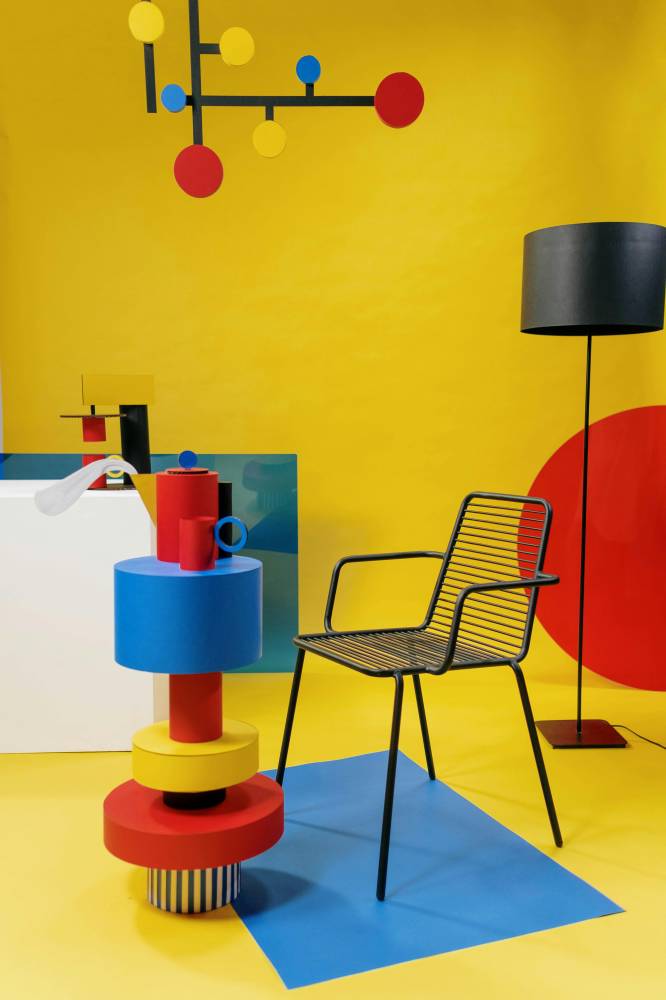
Minimal maximalism
Equipped with the ability to envision spaces in varied options, designers have become bolder in endorsing unique approaches.
One of the rising styles is “minimal maximalism” which sounds confusing at first, but actually makes a lot of sense. It combines functionalism and eye-catching designs to create a balanced impact.
One popular way of following this style is by combining clean-cut furniture with strong colors of paint such as neon pink and aquamarine. You can also experiment with pattern and contrasting color palettes to create funky spaces that will truly stand out in 2025.
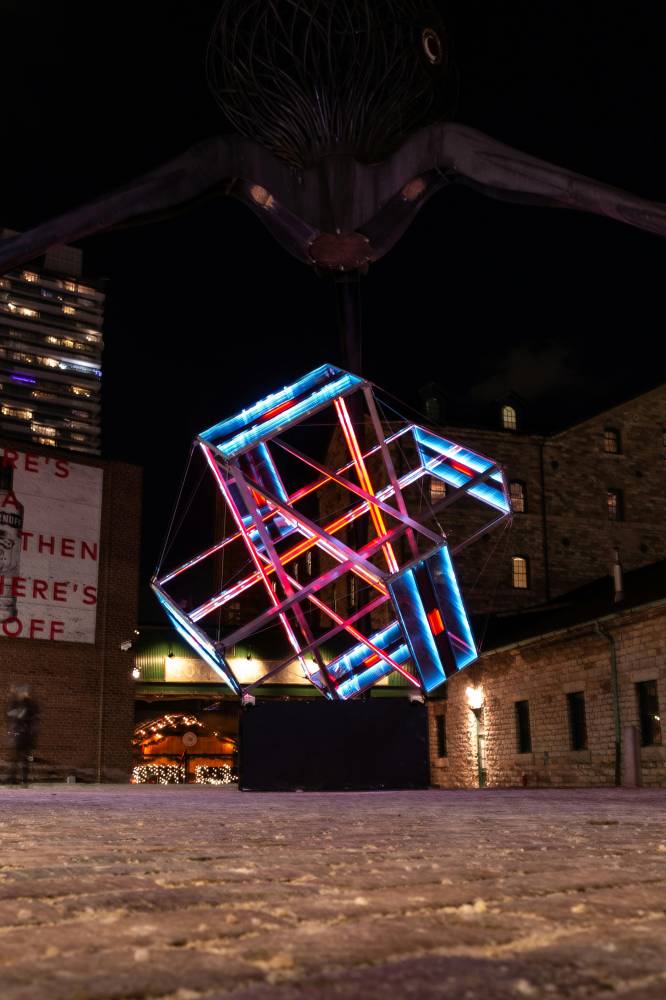
Sculptural lighting
For admirers of parametric design on a budget, lighting products offer a more wallet-friendly option to create a statement.
From suspended sculptures to floor-mounted parasols, you’ll be surprised how lighting products are designed to become focal points of a room. Light is used not only to illuminate spaces, but also to convey personality through art.
While imported products are becoming accessible to the Philippine market, local craftsmen are also stepping up their game to create lights that double as artworks. This year will continue to see a rise in the popularity of light fixtures that transform spaces.
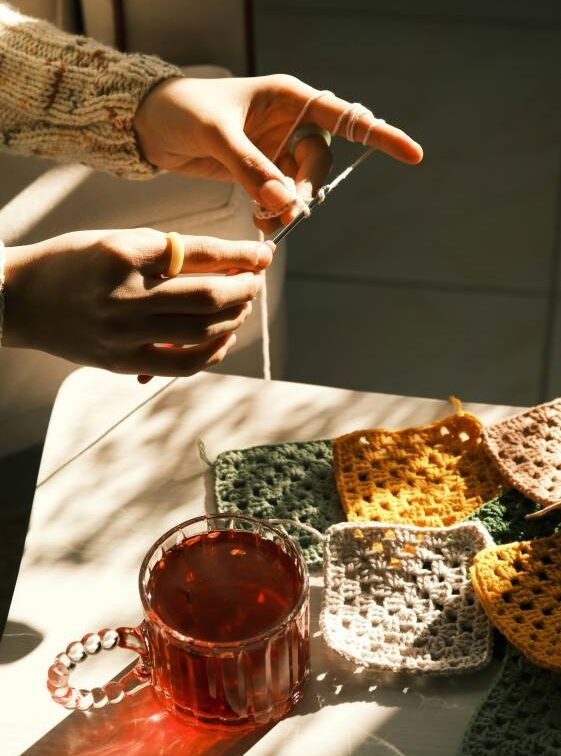
Handmade crafts
Not everyone is a fan of computer-generated design. Those who advocate for human-made creations are set to make defining changes in 2025.
Local artisans are scheduled to lead the pack by showcasing Filipino creations at the upcoming World Expo 2025 in Osaka, Japan. Set to open in April 2025, the Philippine Pavilion will be designed around the theme “Circularity” and will feature indigenous and sustainable materials.
Customization and personalization are the driving factors behind handicrafts. Homeowners seek craftsmen because they want pieces that exhibit their personal tastes and preferences. Industries such as furniture design, lighting and exhibit design are poised to change the landscape of creations in 2025.
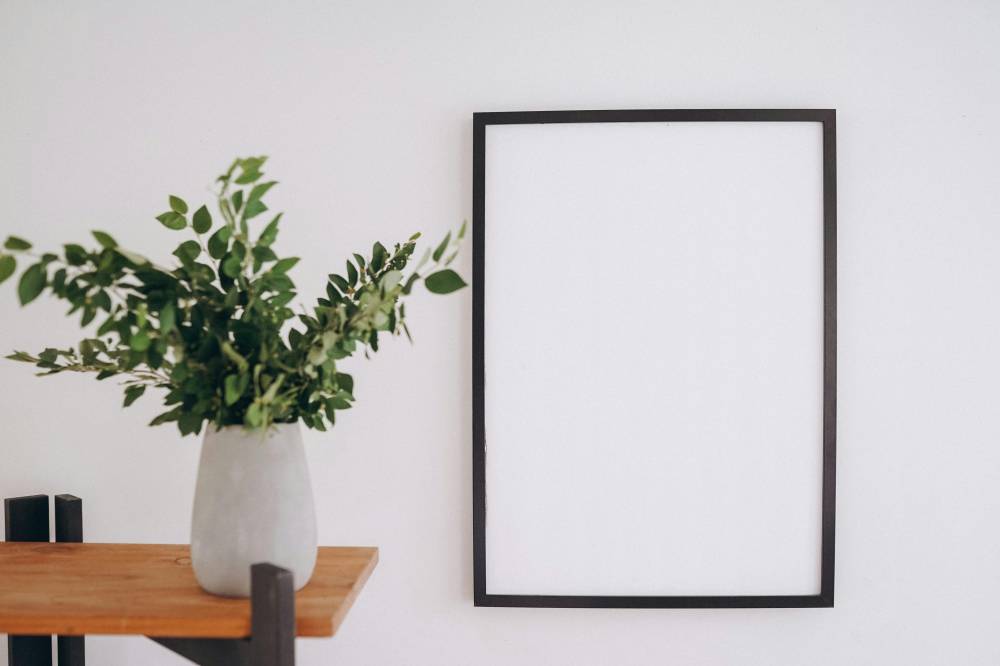
Nature-inspired motifs
The rise of handicrafts also supports the biophilic movement. Biophilia tends to favor nature-inspired elements in architecture.
In 2025, designers are still inclined to gravitate toward the use of wood, stones and other natural elements as spatial features.
Many architects also favor the idea of “bringing the outdoors in,” or blurring the lines between interiors and gardens. That being said, the popularity of house plants, hydroponics, and other green features is still projected to continue. Sustainable design remains essential today as we continue to deal with the negative effects of global warming in modern times.
2025 is the year of opposites
With technology on one corner and handmade creations on the other, 2025 is set to become an exciting time of aesthetic wars.
As we continue to build our lives in the postpandemic era, let us all find happiness in our surroundings. May we all find joy in built creations, whether they were built by computers or by ingenious men.
Sources: https://www.realsimple.com; https://www.creativeboom.com; https://miceshowcase.com; Google DeepMind, cottonbro studio, PNW Production, Rahime Gül and Wendy Wei via pexels.com
A Filipino architect who has a Master's Degree in Interior Design of Commercial Spaces from IED Barcelona, Spain and with twelve years' worth of experience under the tutelage of Filipino architectural firms.















